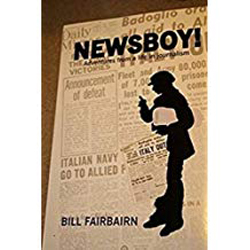|
I was angry. I was hurt. I had been excluded. The Algonquin Land
Acknowledgement was being discussed at my workplace without me, the
only employee of Algonkin heritage. I had long been delivering Land
Acknowledgments; I had been consulted about Land Acknowledgments; I was
a nationally renowned facilitator of Cultural Sensitivity Training, and
an Indigenous content consultant. I had been called upon to provide
opening prayers and traditional Teachings for over three decades.
Why, would the organization in which I work suddenly exclude me from
this discussion?
I had previously been consulted on many Indigenous issues at the
office, from Indigenous languages and identities, to Idle No More and
Truth and Reconciliation’s Calls to Action, to issues dealing
with cultural appropriation, systemic racism, cultural protocols and
now, this business of Land Acknowledgments. The latter becoming an
embarrassing issue of increasing concern. I had been working in
professional Indigenous contexts for decades, so these were not just
hallway chats, but formal invitations for purposes of serving
Indigenous clients. My colleagues, and many others across the arts and
academia, were becoming bothered, bored, or confused by the new trend
of Land Acknowledgment.
My supervisor – a guest to Algonquin territory –
asserted his authority and assumed sole responsibility for the
organization’s territorial acknowledgment. The end result was
lightweight and inaccurate. It was misleading to those who didn’t
know anything about Algonquin turf and insulting to those of us who
did. I brought the matter to my supervisor’s attention – to
no avail. So, on behalf of my ancestors, I addressed it further.
It was then I realized a veritable form of workplace bullying was
already underway. Meanwhile, my good colleagues were doing their best
to understand the Indigenous worldview and societal issues while the
Algonquin Land Acknowledgment was being exploited for political
posturing. These acknowledgments were never about the land or ancestral
connection. Instead, they sounded like empty, performative and
repetitive colonial statements delivered and controlled by
representatives of a white-led institution.
A new rule circulated at my place of employment: no one could approach
me about Indigenous issues without my supervisor’s consent. My
superior could then choose to inform me of such requests – or
not. An approach for consultation could be permitted – or
not. It became clear that my colleagues’ access to my
cultural, historical and traditional knowledge was being denied. This
was happening while I was working in an Indigenous-specific department
that purported to support all things Indigenous: peoples; rights,
treaties; practices and protocols.
So, angry and hurt, with the proverbial sock placed firmly in my mouth,
I decided to write a book about the subject. There was a void in the
publishing industry I felt I could fill so, I contacted a publisher
with my pitch and signed a contract soon after that.
Having to take an Elder Care Leave to support my 88 year old mother who
was caring for my 91 year old father, I was relieved to get away from
the workplace harassment that intensified with time.
Subsequently, with my parents to tend to and time on my hands between
their naps, doctor’s appointments, and early evenings, I
researched and wrote. When I woke too-early-to-stir while staying at
their home – waiting for that fateful call that would place
my dad in a long term facility – I reached for my laptop to write
while waiting for the sun to come up.
When my father was placed, I had every intention of writing while
sitting with him as we passed away the days in his semi-private room.
But, I did not once have the opportunity to work on the manuscript
while there. I was kept too busy: fetching ice water; sorting laundry;
adjusting articles of clothing; calling for staff; navigating a
wheelchair stroll or, playing – and getting beat at –
backgammon.
When covid-19 shut us out of my father’s world, I wrote full time
in my own home between phone calls to my dad’s facility to check
up on him. Previously, I had suffered night stress on the days I did
not spend at his residence to ensure he was safe and sound. Now, I
suppressed my worries about his own institutional nightmare by
incessant and unwavering writing. I had to catch-up on my overdue
deadline; I had previously informed my publisher I was running late. He
understood, as he also had an elderly father to worry about.
Besides, he said, like any good publisher would, no use rushing.
Why would the publisher want anything less than a completed manuscript
from an author whose project he firmly believed in?
|
I researched and wrote We
All Go Back to the Land: The Who, What and How of Land Acknowledgments
in four and a half months with, at first, my father’s life held close.
And then, through the first long weeks of the pandemic that ultimately
claimed him.
As my father had enjoyed a
successful career in publishing, he naturally modelled reading for
pleasure in our home, displaying a particular fondness for history. He
was also a brutal critic of any elementary school book report or high
school essay. Honestly, I felt his strong spirit brought the clarity
and energy required during those frenetic days after he passed. I spent
an uninterrupted average of twelve hours a day on that damned computer,
before returning to full time work. Thankfully, the pandemic made it
such that I could work from home. I was grateful not to have to
waste up to three hours a day to prep and travel to and from the office
each day. I could write instead. It was the perfect pandemic – at
least for a writer.
So, after several weeks of writing a minimum of twelve hours a day,
seven days a week, I now had to fit in my full time job. I awoke at 4am
to write until 8:30am. I then switched to my telework. I wrote on my
lunch break, and then I wrote from 5pm until about 10pm, with a quick
break to eat. My suppers were often bowls of cereal or crackers and
cheese. My eyes were now on that screen for up to eighteen hours a day,
every day of the week, although the weekend allowed me a reprieve of an
uninterrupted average of fourteen hours per day. It was both intense,
and electrifying. My brain was exploding with a capacity to synthesise
my research into culturally grounded, historically driven writing with
contemporary relevance and, I felt, a strong narrative. However, the
otherwise thrilling process took a toll on my body: my posture, my
eyesight, my bones, my girth. When a completed manuscript finally
landed in the hands of the publisher, I took two weeks off from my day
job – and the computer. I stayed outside and spent most of my
time in my canoe. Canoeing was the only therapy that worked out the
crunching in my bones.
Then, the editing process began. Working with a non-Indigenous editor
who had little relationship with the content was the most arduous
period of manuscript making. The editor approached my work as a
literary technician rather than allowing for a creative and cultural
voice. She followed all rules listed in The Chicago Manual of Style
religiously. This caused relentless back and forth. For example,
“sundance” and “sweetgrass” are compound words,
not to be broken in two; “non status” is a word that just
did not look right without a hyphen or space; there was little
understanding of my reference to “blood memory”; and, the
term “White Inuit” is not racist.
To be fair, my writing style would be challenging for any editor as my
writing style itself made a political statement. I used capitalization
to emphasis a sacred Teaching or ancestral perspective. I applied
capitalization to the word “Land” throughout and, in
contrast, I refused to capitalize, for example, the “bible”
or the “crown” (as in the state and its government). As a
result, I had to edit the edits and consistently justify or explain my
choices and content. My editor had to adjust to an innovative literary
style and cultural perspective. It was gruelling; she was like a
sergeant major whose army was the collection of words in my book and I
was just a squeaky cadet.
The mapmaking and photo collage required of the publication also
brought much angst. Contracted designers were working on the
manuscript, so it cost the publisher for each draft of their process. I
was too often tasked to manage the visuals of the layout. Perhaps the
managing editor wanted to ensure their author would be happy with the
final results but, I felt overloaded by the process. I kept reminding
them, I am not a mapmaker or a graphic designer, I am a writer.
This grueling procedure, that had to fit into my forty hour work week,
lasted a couple of months including every weekend. I could not be
driven any harder; I would die. I was living on the river with my
recently widowed mother at this time, to supposedly provide her
support; meanwhile, she is the one who took care of me.
I finally signed off on the manuscript and breathed a great sigh of
relief. Throughout, I was simultaneously navigating a harassment
complaint along with a human rights complaint adjacent to the failings
of a blatantly unsupportive – if not corrupt – union to
which I paid dues. It was an intensely challenging time. But, I
survived despite regularly warning my mother I could drop dead of
cardiac arrest at any moment. I advised her to report to any
authorities enquiring about my sudden death to say: “Her employer
tried to break her spirit but, instead they broke her
heart”.
The release of my publication aligns with my decision to depart from my
day job. My experience of workplace harassment is a microcosm of the
injustice of crown and Indigenous relations explored in my book. That
was an unintentional parallel. Without the harassment, I would not have
been prompted to write this manuscript, so I am thankful in a sardonic
way. In hindsight: an interestingly, meaningful twist of fate.
I hope all organizations and individuals across this nation state, from
all four directions, will heed my advice to honor customary practice by
way of Indigenous-led Land Acknowledgments. The time has come for
Indigenous peoples of this land to truth-tell. Perhaps then all peoples
within the nation state of Canada will unite and achieve true
reconciliation by way of respecting the Earth Mother, as per our
Original Agreement, and save our ailing planet. For the Land
Acknowledgment is ultimately about the Land.
And, that is how my book was born.
|
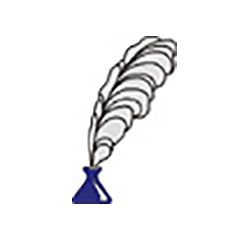
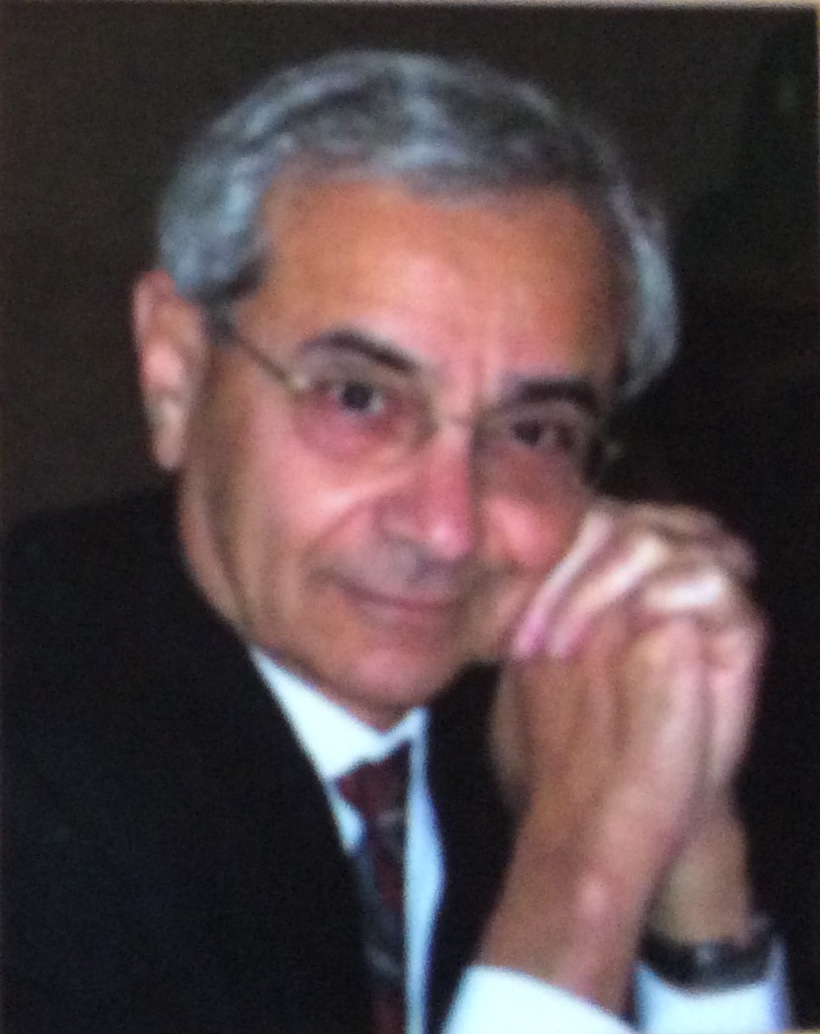
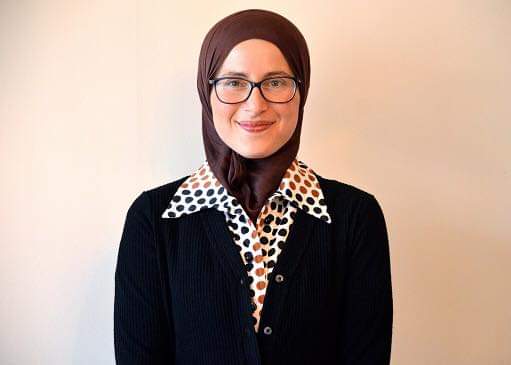
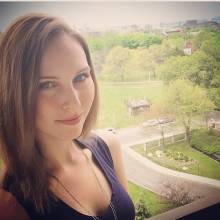

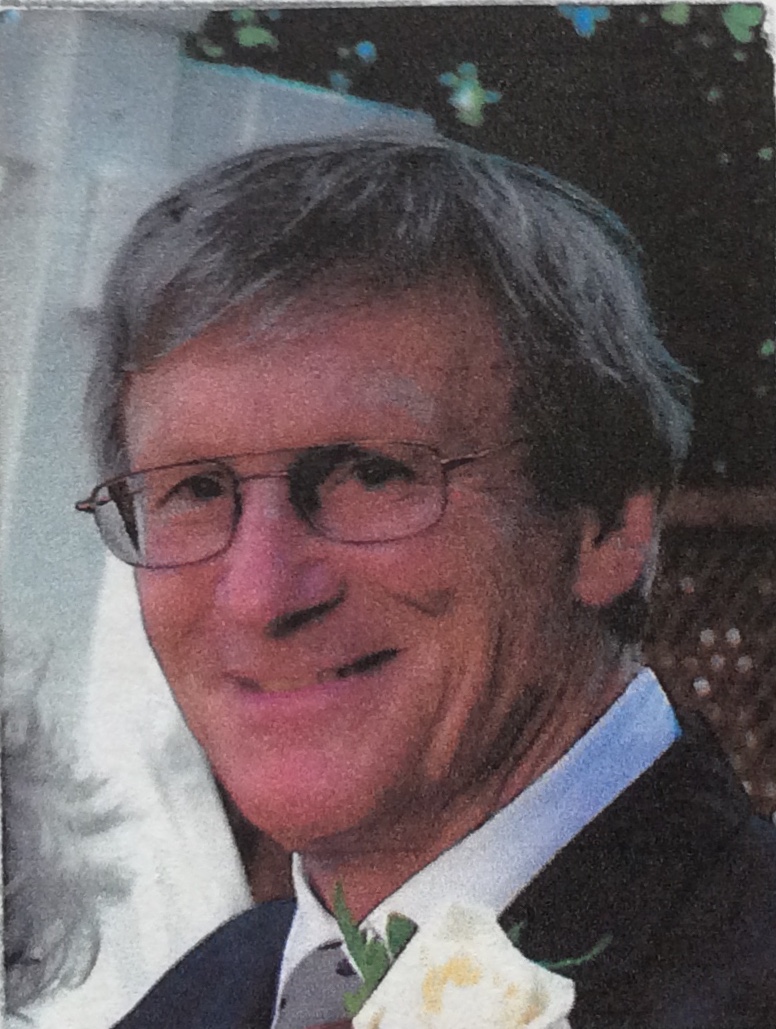
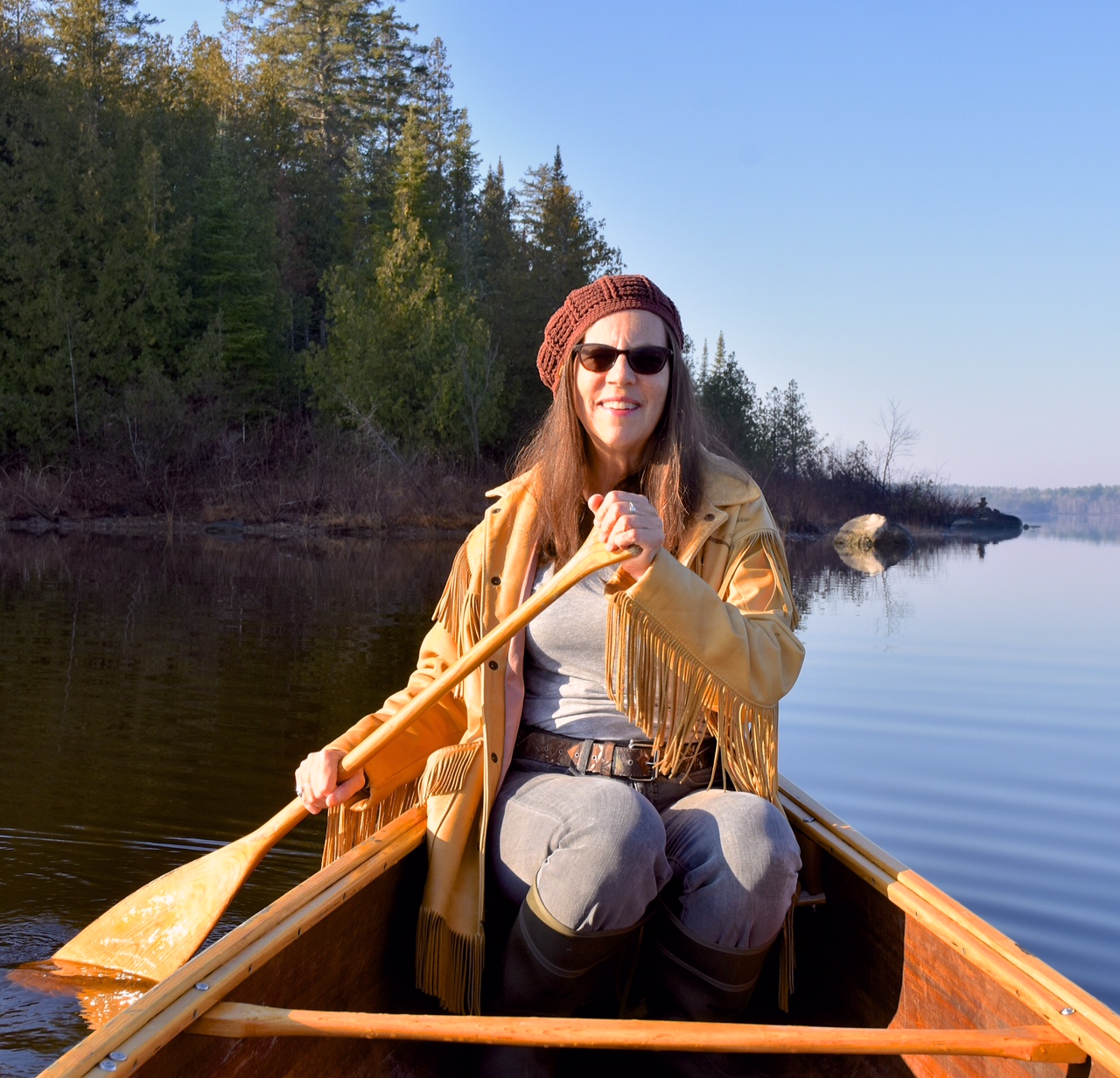 Photo Credit: SK Lafrance
Photo Credit: SK Lafrance 